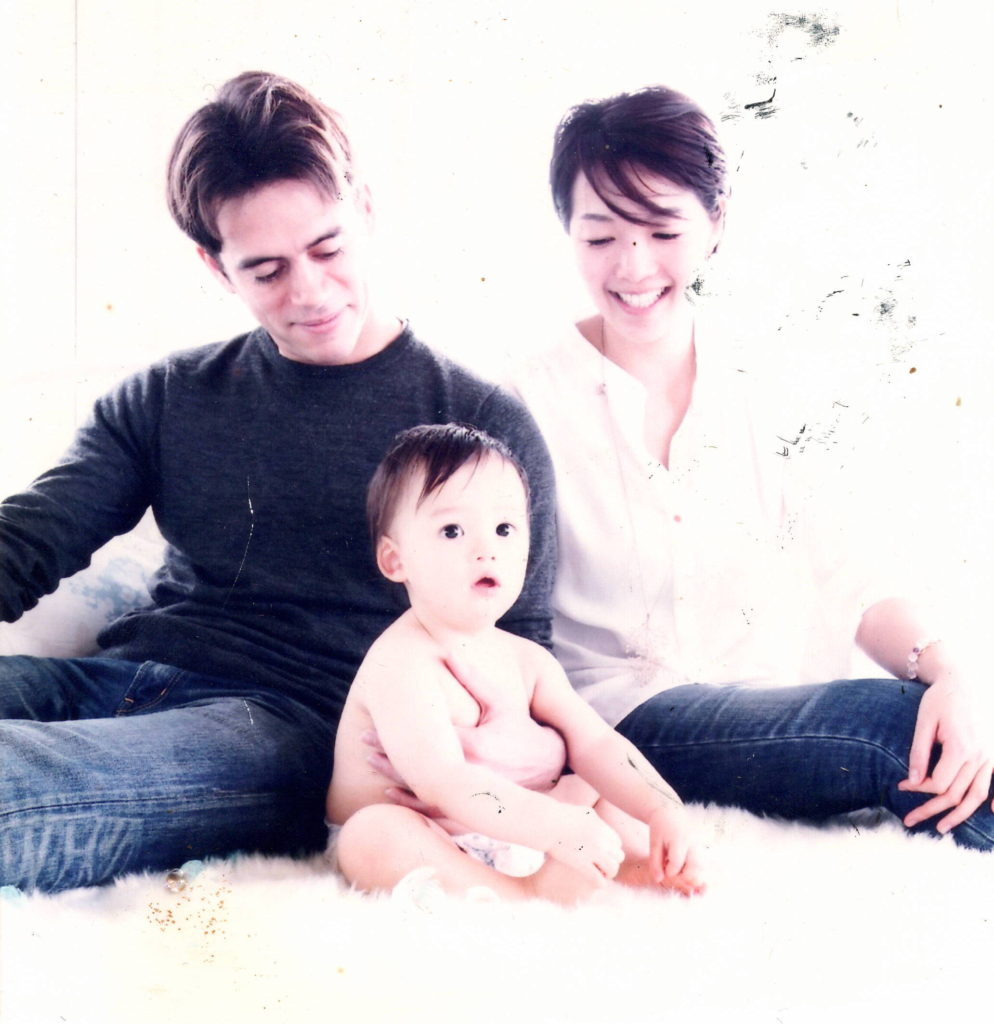Chapter 48 – Embassy Reaction
BETWEEN FOUR WORLDS: CHINA, RUSSIA, JAPAN AND AUSTRALIA.
BETWEEN FOUR CAREERS and FOUR LANGUAGES.
Losing Friends; Making Friends
1. Australian Embassy, Tokyo
2. Embassy Blacklisting
3. Decoding Realties
4. Friends at Court
The joys of the lecture circuit did not come without a price.
The Newsweek story had caused some damage to Canberra’s relations with Tokyo. Or so one assumes.
It would not be surprising if that led to my being black-listed by Australian Embassy, Japan.
1. Australian Embassy, Tokyo
This would not the first time, of course.
When working as correspondent for The Australian I was always on someone or other’s black list whenever I wrote something critical of the Australian official presence in Japan.
But in this case there was a rather serious personal problem: my former mentor, boss and friend in the Department of Prime Minister and Cabinet (PMC) from which I had just left, John Menadue, had become ambassador at Australian Embassy, Tokyo.
His family had been friends of my family.
For many reasons it would be very unfortunate if I had offended him in any way.
2. Embassy Blacklisting
When Menadue arrived in Tokyo our families resumed previous good relationships; back in Canberra we had often dined and gone on hiking trips together.
But all these friendly connections very quickly disappeared the moment the Newsweek article appeared.
I could understand that.
It was Menadue’s first experience of diplomatic life and he did not want to see it unduly complicated by my carryings-on.
There was also a sharp side to his seemingly laid-back personality, and it could easily be impinged upon.
So it was not surprising that I was also excluded from Embassy functions and activities.
…
Presumably on orders from Canberra, staff were ordered to report and file records of every contact they had with me.
It was a less than charming throwback to my Moscow days, where we had been required to do the same after contacts with Soviet nationals.
3. Decoding Realities
True, I had passed on information about decoding activities.
But retailing disclosed information can hardly be a sin.
My Moscow experience had told me that anyone using one-time pads (ransu hyo in Japanese) for coding their messages is totally safe.
Even the most powerful computers cannot break that coding.
In the wake of my Newsweek ‘expose’ I was assured by a reliable Gaimusho contact that for important messages Japan did in fact use ransu hyo.
This meant that most of the material Australia was decoding was minor diplomatic or commercial business chatter.
Serious spying activity into communications today is aimed at individuals and companies which have yet to realise the technological advances that allow their important communications to be tapped into and decoded so easily.
(Many Middle Eastern anti-US activists – so-called ‘terrorists’ – and their families would suffer horrible deaths as a result.)
A Japanese embassy would not come into that category.
So presumably the DSD decoding operation in Melbourne was mainly useful for revealing what some talkative Japanese businessmen were up to.
That information would then be passed on to spy favourites in the business community (CRA for example) who would then tell confidents how ‘it fell off the back of a truck.’
What I was trying to expose was the way this information was being used by the spy-favourites.
4. Friends at Court
Being denied all but the most superficial contact with the Embassy for many years was an unpleasant experience, broken only by the fortunate appointment of two of my former Foreign Affairs colleagues as ambassadors to Tokyo – Geoffrey Miller and Rawdon Dalrymple.
They did much to repair the damage; no one likes to feel black-listed by one’s own compatriots in a foreign country.
But I did have to worry about the effect on my family. Yasuko would have been upset over the abrupt break in relations, especially since she had been teaching Japanese to Menadue’s elder daughter, and never got to see her again.
I had hoped my children could grow up feeling some connection with Australia by playing with children of Embassy families.
That possibility was also cut off by my mis-behaviour.
…
But while my family were losers (and I can only beg forgiveness for that) in some ways the lack of Embassy contact may have done me some good.
Embassy parties and other trivia can be seductive.
I was forced to strike out on my own.
I was able to concentrate on my new career as guru for the Japanese Tribe – as lecturer, writer and academic.
Even more satisfying, I found time to explore the rich Japanese countryside just outside Tokyo, in the Boso Peninsula.
